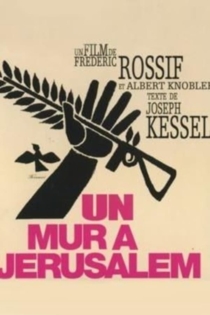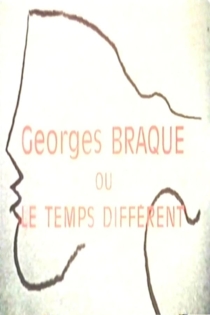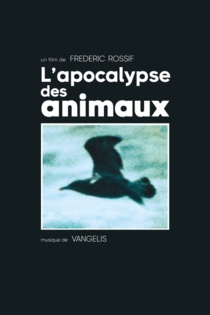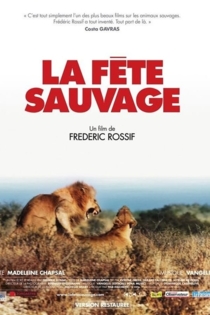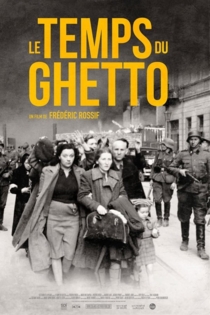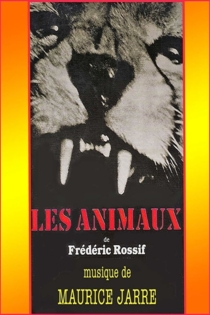
Frédéric Rossif
1922 - 1990Révolution d'octobre
Frédéric Rossif
John Gielgud, Suzanne Flon
French director Frederic Rossif presents this historical documentary that coincided with the 50th anniversary of the Russian Revolution. Stock footage from both World Wars are included with 30 minutes of new scenes filmed especially for the project. The historical timeline is traced from the time Czar Nicholas II is crowned. The emergence of Lenin, his death in 1924, and the later contributions of Trotsky and Stalin give the viewer a sense of death, betrayal, and ideological devotion to the communist agenda. Rossif effectively uses scenes from the landmark 1929 film The Man With A Movie Camera by celebrated director Dziga Vertov. Rossif researched the film archives from several countries in his meticulous gathering of materials for this timely historical feature.
October Revolution
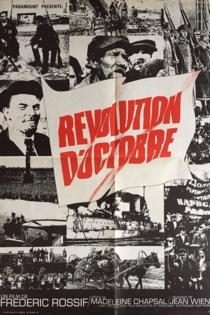
De Nuremberg à Nuremberg
Frédéric Rossif
Philippe Meyer
Frédéric Rossif and Philippe Meyer draw the terrible fresco of the Second World War of the rise of Hitler and the Nazi party until his ultimate defeat (1933-1945). While carefully describing the sequence of events, they go back to the genesis of fascism, and the picture they draw from this first half of the twentieth century is both lucid and frightening. A page of history illustrated by a large number of unpublished documents.
De Nuremberg à Nuremberg
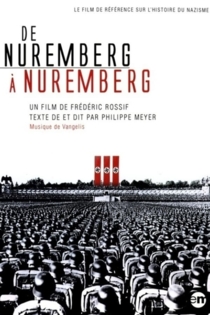
Mourir à Madrid
Frédéric Rossif
John Gielgud, Irene Worth
Morir en Madrid brings together several papers on the Spanish Civil War and integrates capturing different points of view, intended to represent the continuity of the suffering of the Spanish during the Franco regime. The death of Federico Garcia Lorca, Guernica, the defense of Madrid, the International Brigades, are some of the items comprised in this document.
To Die in Madrid
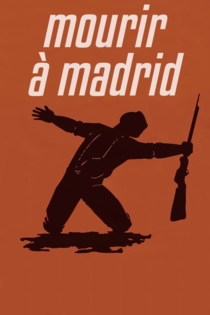
Le cantique des créatures : Pablo Picasso pintor
Frédéric Rossif
The filmmaker returns to the subject of Picasso, who he had first filmed in a documentary short made in 1950,then using material from studio archives and shooting stock provided by Cinematheque curator Henri Langlois.
Pablo Picasso Painter
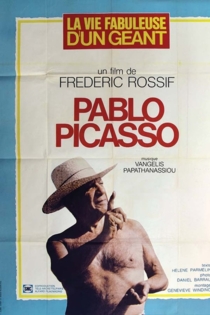
Brel
Frédéric Rossif
Jacques Brel
In this documentary, director Frédéric Rossif has mixed footage of the popular, late singer Jacques Brel in concert and stage performances, with his own interpretive shots and news clips to present a synopsis of Brel's career -- from its beginnings in the early 1960s to his death from cancer in 1978. Biographical and personal data have been excluded, which may disappoint some viewers who want to know more about the man himself.
Brel

Portrait: Orson Welles
Frédéric Rossif, François Reichenbach
Orson Welles, Jeanne Moreau
Excerpts and fragments from different interviews with Orson Welles making a statement to journalists in fluent French about his career and his conception of life.
Portrait: Orson Welles
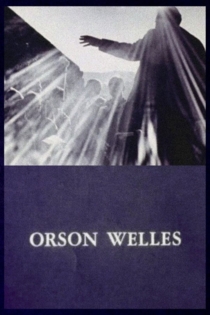
As Far as Love Can Go
Frédéric Rossif
Francine Racette, Michel Duchaussoy
The boyfriend of Isabelle has just committed suicide. Therefore Isabelle roams the streets of Paris until she decides to change her life radically and leave the city. She travels to the coast where she meets a young history professor on the beach...
As Far as Love Can Go
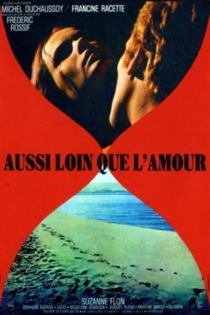
Si Versailles m'était conté
Sacha Guitry
Michel Auclair, Jean-Pierre Aumont
Witty narration follows the history of Versailles Palace; founded by Louis XIII, enlarged by autocratic Louis XIV, whose personal affairs and amours, and those of his two successors, are followed in more detail to the start of the Revolution, after which the story is brought rapidly up to date. A huge cast plays mainly historical persons who appear briefly.
Royal Affairs in Versailles
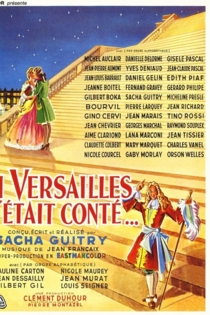
Un mur à Jérusalem
Albert Knobler, Frédéric Rossif
Georges Descrières, Bérangère Dautun
A brilliant documentary about the growth of Israel into the Jewish homeland. Seventy-three years of struggle for religious freedom is vividly recorded using rare archive film footage and photographs of historic events in the development of 20th century Israel. Beginning with the Dreyfus Affair in 1894, the film covers Theodor Herzl, founder of modern Zionism; the earliest immigration and settlements; the formation of kibbutzim; the Balfour Declaration; the rise of European anti-Semitism; the British occupation of Palestine; Arab confrontations; the United Nations resolution; the "Exodus" incident, and the Six Day War.
A Wall in Jerusalem
